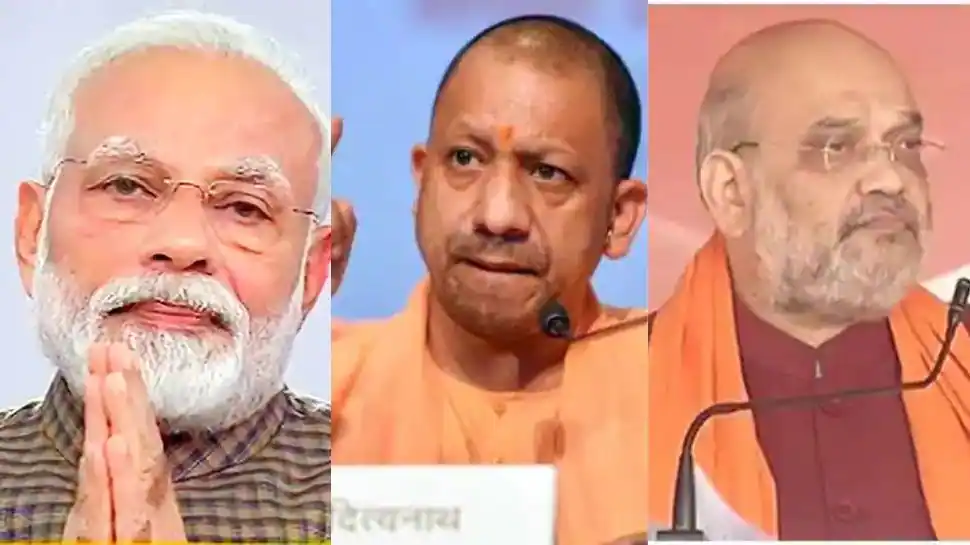By Tamal Sarkar
Skill, Labour, Talent for MSMEs: Employment generation may be the key objective of the state but it is not true for business. Be it the tiniest or the largest unit, it has no baggage of employment attached to its goal. What a unit really cares for, knowingly or unknowingly, is competitiveness. That is where the state needs to target its support, if it wants to get the highest cooperation from a natural employment-generating partner – the private sector. From an efficiency viewpoint, too, it also makes sense. If a unit becomes non-competitive in its surge for employment generation, it is bound to fail and the faster it happens the better.
This of course excludes two aspects. Firstly, employment generation through arbitrary or less productive asset creation. However, that also is a situation of desperation and may suit well a war or natural calamity-ravaged economy working towards recovery. But for an economy where every single unit of resource is being accounted for, such asset generation needs discipline. A second aspect is a state-level value judgment where it needs to decide where should one invest for quicker employment generation, whether it is for home-based enterprises or MSMEs, or large organisations and in what proportion.
Also Read: The 5 P’s of rekindling entrepreneurship
Public policy advocates for results-oriented strategies, but often miss the true champion which is competitiveness, and are also hesitant to embrace the natural partner of competitiveness – the private sector, which are often kept at arms’ length. As a result, inefficiency creeps in naturally as the world of development tries to learn and replicate a private sector and fails repeatedly, only to be satisfied with outputs, and rarely or if at all, very mildly challenging the outcomes.
Barring the larger organisations, the industrial world can broadly be summarised in the form of tiny own-account enterprises (OAEs), industrial MSMEs and innovative units – tiny or industrial MSMEs. Even at the risk of oversimplification, problems of the industrial world especially in the era of digitalisation and ever-increasing challenges of sustainability can be addressed through a three-pronged strategy – (a) promoting offline and online market promotion of OAEs, (b) promoting sustainable technologies for industrial MSMEs and (c) providing global ecosystem support to innovative units. While (a) and (b) will help in maintaining the status quo and ensure optimum employment in the short to medium run, (c) will ensure leapfrogging to global leadership and ensuring higher returns per unit of resource engaged, and (b) and (c) can ensure long-run sustainable employment generation.
Also Read: Occupational health and safety challenges facing Indian artisans
However, to get the results, four things are critical on the non-fiscal front – accountability, measurement of results, equal chances to private sector agencies in promoting development, and vertical networking of innovative units. While serious implementation of accountability is self-explained at all levels, measuring results and takeaways are a must and should be mainstreamed with all seriousness. Increasing the role of competent private sector agencies in development is also critical as against safe parking of developmental funds with public agencies. The concern of safe parking can be removed by creating an agency that at the invitation of at least the specialised private sector development agencies, can audit and give it a rating that makes them “sanctified” as a public agency. This will fasten the speed of efficient utilisation of scarce developmental resources and will wipe out the inefficiencies. Not least, promoting networks of innovative sectoral private sector players is also critical for future sectoral leadership.
Also, fiscal measures to promote innovation, sustainable production, private sector-led market development of tiny enterprises grouped as network incorporated, and sub-contracting will also promote both short and long-run sustainable employment generation.
Written by Dr Tamal Sarkar, Senior Adviser at Foundation for MSME Clusters. Views are the author’s own.
Subscribe to Financial Express SME (FEAspire) newsletter now: Your weekly dose of news, views, and updates from the world of micro, small, and medium enterprises
















